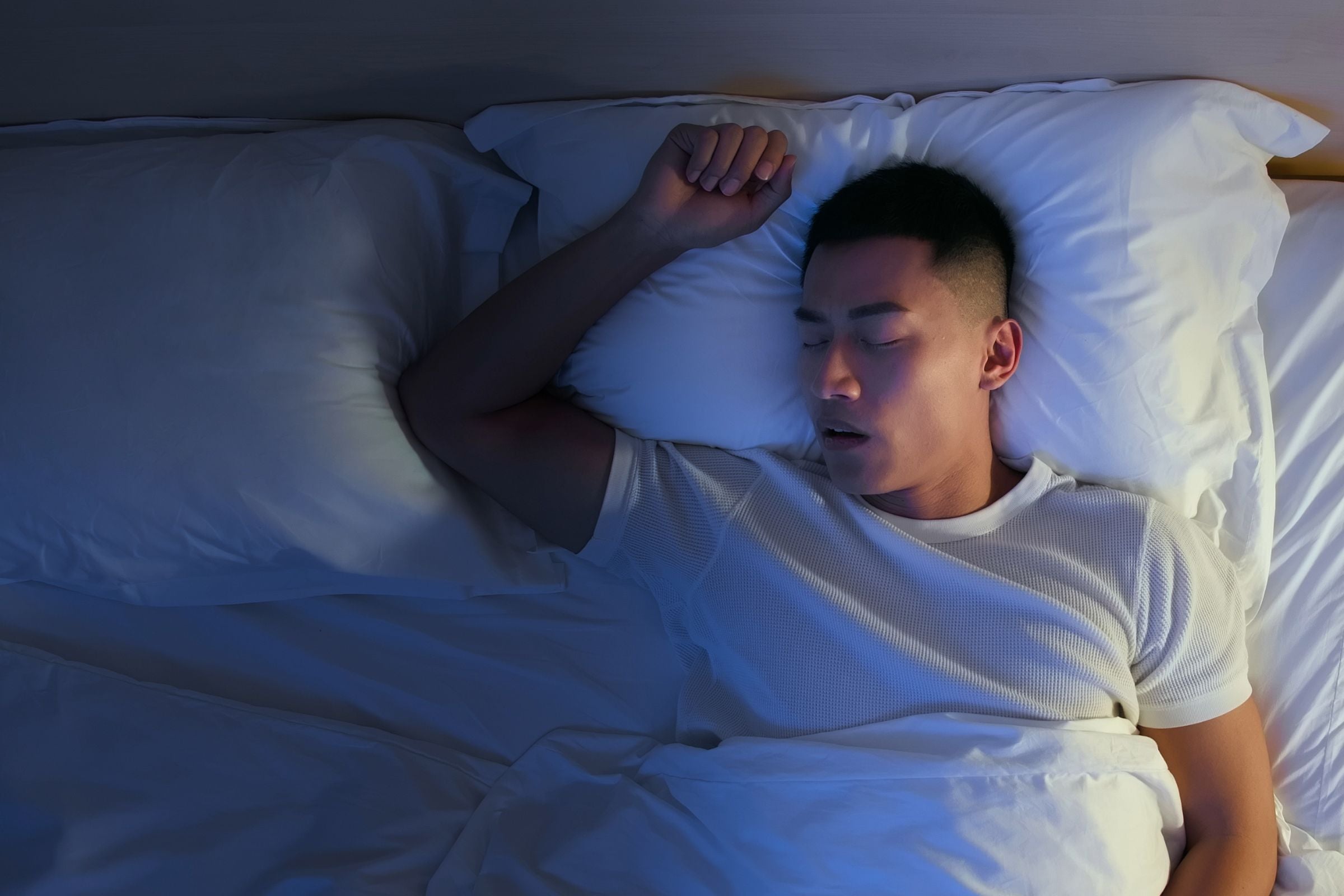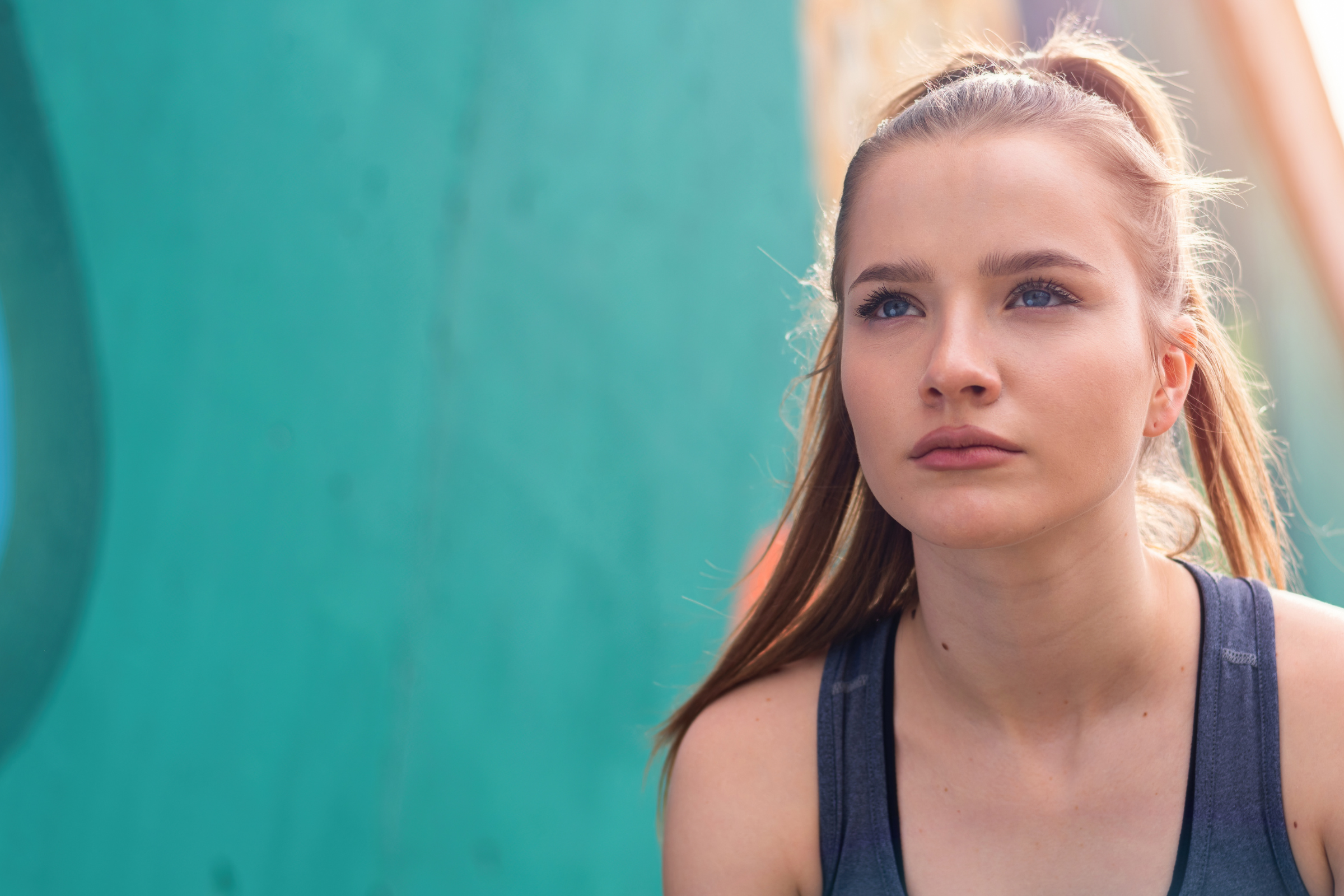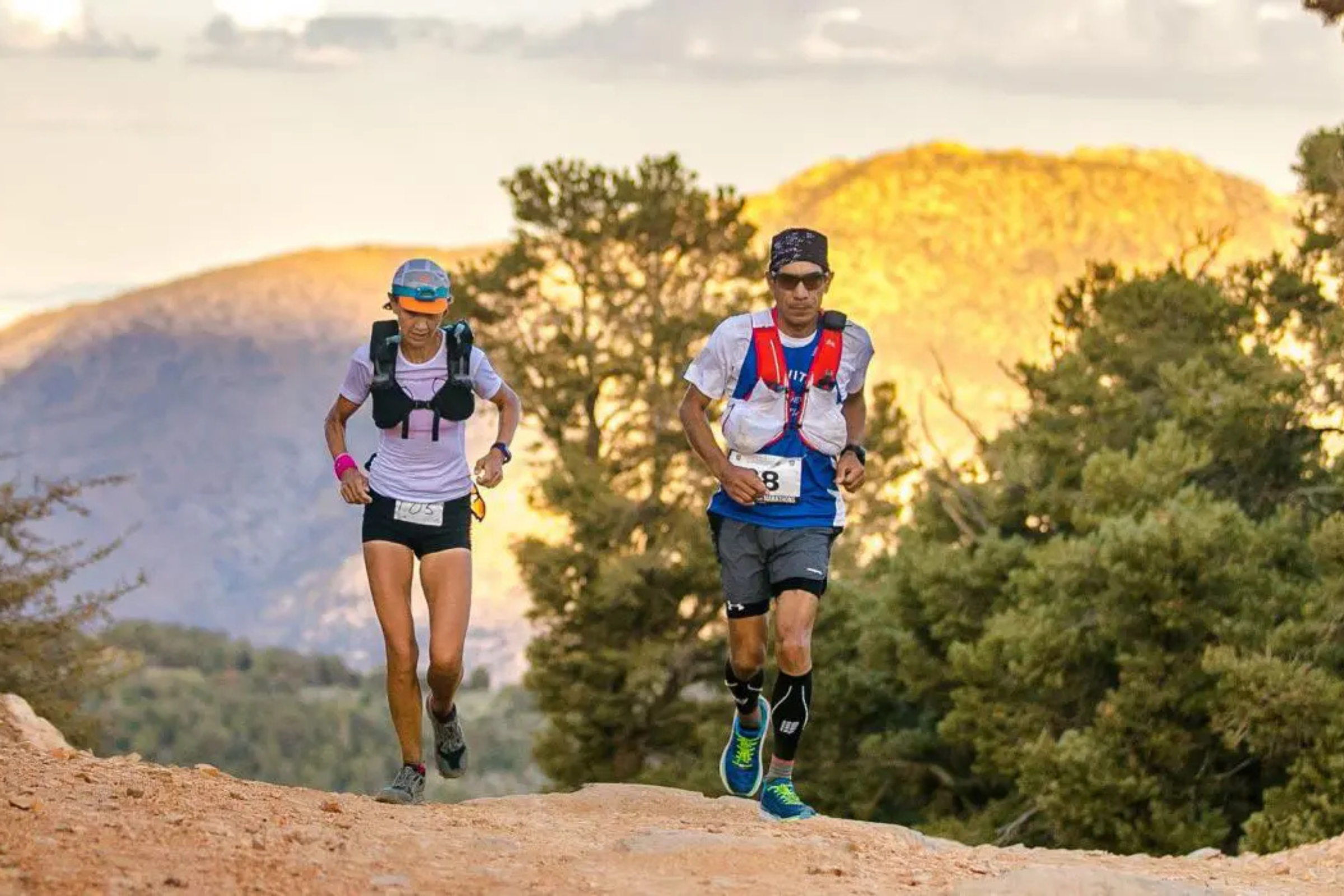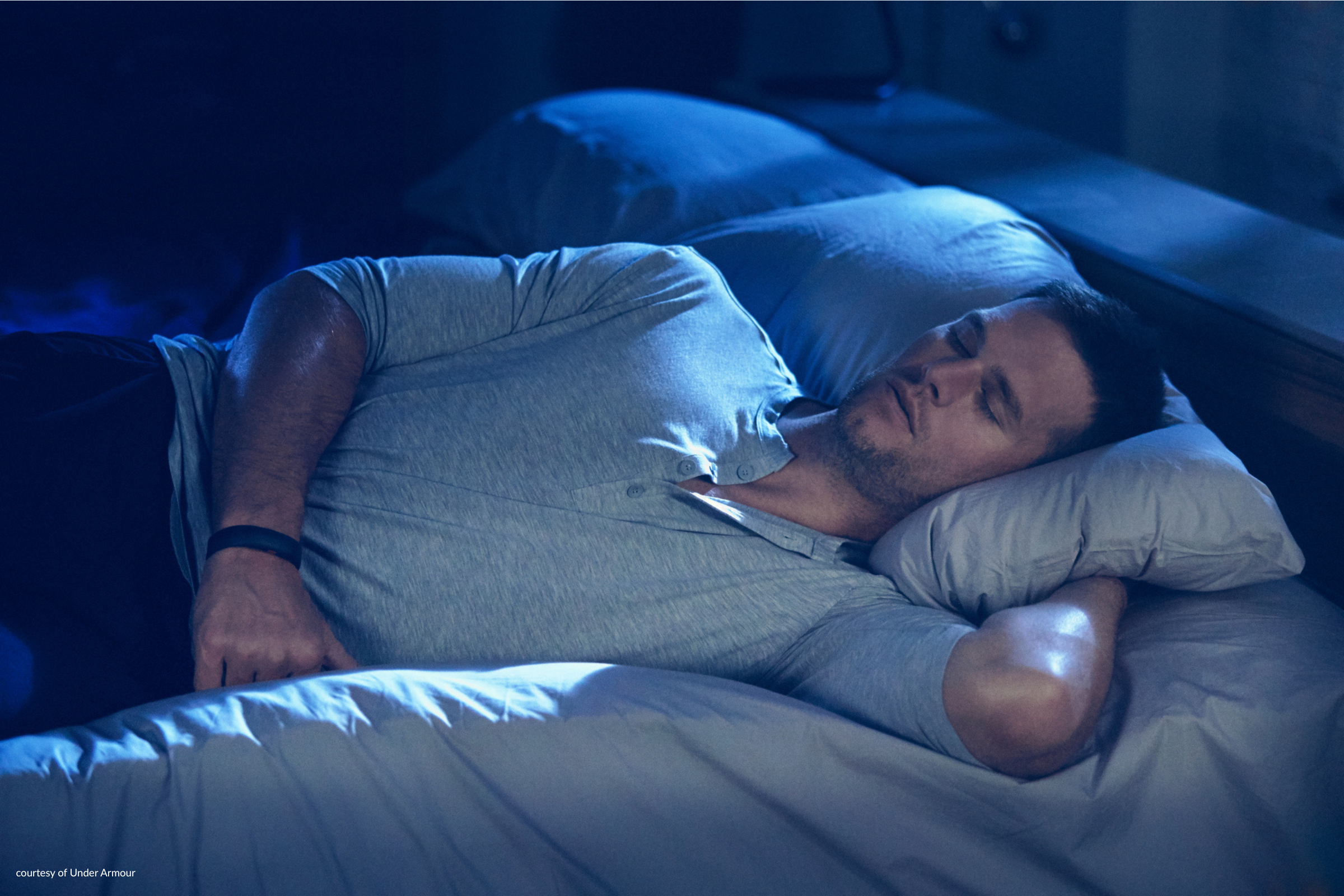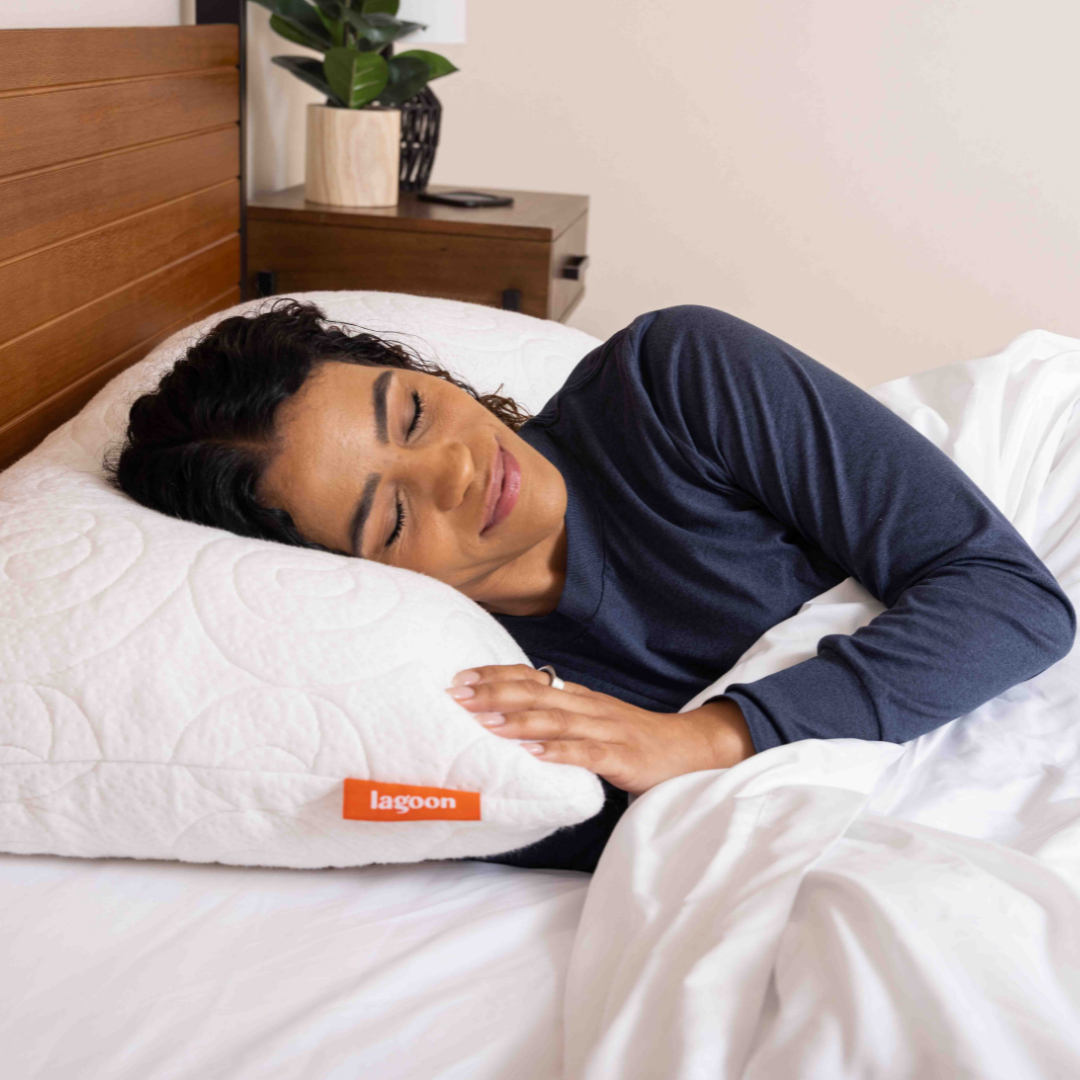Hey packlings 👋
Should you be sleeping with a stuffed animal or baby blanket for better rest? What if prioritizing better sleep habits today could help keep our brains young and sharp years from now? We’ve got the answers and much more in this edition of sleep and fitness news - let’s get into it.
🧸 Are Stuffed Animals and Baby Blankets the Key to Adults Sleeping Better?
Many adults are rediscovering comfort in childhood objects like stuffed animals and blankets, not just as sentimental keepsakes but for practical and emotional support in their daily lives. With an increasing number of adults, around 40%, now sleeping with stuffed animals, demand for plush toys has surged. For people like Jill Provost, her son’s stuffed animal, “Moose,” is a nightly companion that eases her sleep. Psychologists explain this phenomenon as a comforting ritual, like childhood “transitional objects,” which help adults unwind and reconnect with positive memories. For others, like Ashley Habeck with her worn baby blanket or Sharon Kang with her “Pink Bear,” these items bring a sense of security, grounding them with a tangible reminder of home and warmth, even on travels. So bust out that old teddy bear and enjoy your most comforting sleep.
🥊 A traveling MMA Fighter’s Toughest Opponent While Overseas? Sleep
Max Holloway, known for his resilience and skill in the UFC, faces a unique challenge as he takes on Ilia Topuria at UFC 308 in Abu Dhabi. For fighters like Holloway, sleep deprivation and drastic time zone changes are regular hurdles, but he has adapted remarkably over his career. Hailing from Hawaii, where fight times are often hours off his body’s natural rhythm, Holloway has become adept at adjusting, earning a record of 9-1 outside the U.S. due to his discipline in sleep and training routines. His manager attributes Holloway’s success to his travel experience and adaptability, which contrast sharply with the struggles faced by other fighters like Leon Edwards, who faltered under similar conditions. Traveling fighters often seek support from the UFC's Performance Institute for strategies around sleep, nutrition, and schedule adjustments. Yet, while some fighters have mastered these techniques, others struggle, as seen with Edwards and A.J. McKee, who both endured setbacks in bouts following grueling travel.
🧠 Sleep Problems in 30s and 40s May Add Extra Years to Your Brain Age
New studies highlight a concerning link between poor sleep quality and accelerated brain aging, suggesting that addressing sleep issues early in life may help protect cognitive health. Research in Neurology tracked sleep habits in middle-aged adults, finding that individuals with persistent sleep disruptions, such as trouble falling or staying asleep, had signs of faster brain aging, with some showing an average brain age 2.6 years older than peers with healthier sleep. Another study showed that poor sleep quality in early adulthood could lead to cognitive issues in midlife, doubling the risk for those with the most disrupted sleep. Experts recommend prioritizing sleep hygiene—regular sleep schedules, exercise, and relaxation techniques—to preserve brain function over time.
😱 The Fear of Being Phone-less is Now Disrupting Our Sleep.
Nomophobia, or the "no mobile phone phobia," is the anxiety some people feel when they’re apart from their beloved phones. This condition, recognized since 2008, often triggers symptoms like a racing heart and sweating, mimicking panic attacks or general anxiety. Research shows that smartphone addiction not only disrupts sleep—due to blue light and the dopamine reward loop in our brains—but also because it heightens stress and anxiety. On top of that, social media and the constant "fear of missing out" make disconnecting even harder and thus compresses time for sleep. Experts advise setting boundaries to combat nomophobia, and suggesting alternative relaxation techniques such as coloring, journaling, or practicing yoga. These activities offer a screen-free way to unwind, tapping into mindfulness and reducing the urge to check one’s phone constantly.
🩻 What Is the Healthiest Sleeping Position?
Sleeping position affects both sleep quality and health, influencing issues like back pain, snoring, and acid reflux. Most people (over 60%) prefer sleeping on their side, which experts generally recommend for conditions like acid reflux and pregnancy. Side-sleeping or stomach-sleeping is also beneficial for those with sleep apnea, as it keeps airways open. Back-sleeping, on the other hand, can exacerbate snoring and sleep apnea but may be helpful for spine alignment when properly supported. Experts suggest that stomach-sleeping is the least ideal position for spine health, while side-sleeping, though popular, may cause shoulder pain. Each position has unique benefits and drawbacks, so the best choice depends on individual health needs. Always consult a doctor if pain or sleep issues persist. If you’re looking for the right pillow for your position, remember to check out Lagoon’s pillow quiz for the best recommendation.
That’s a wrap on this week’s sleep and fitness news. Remember to follow @lagoonsleep on Instagram for your daily dose of sleep & fitness news and entertainment.



